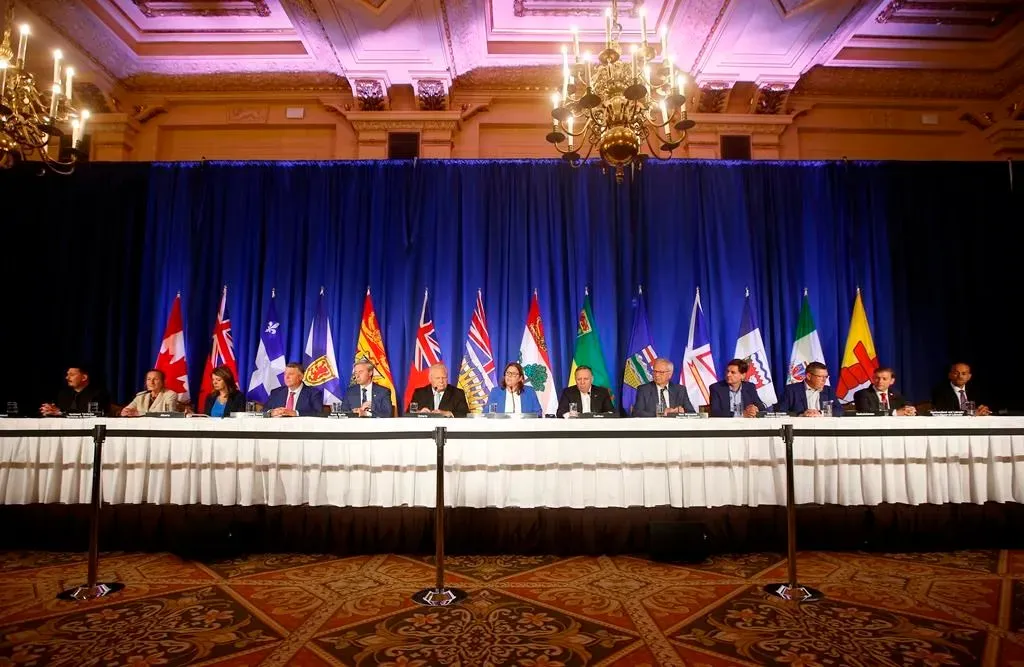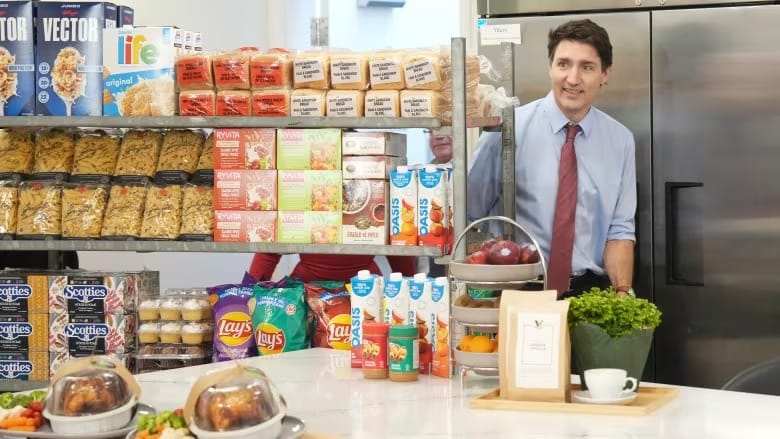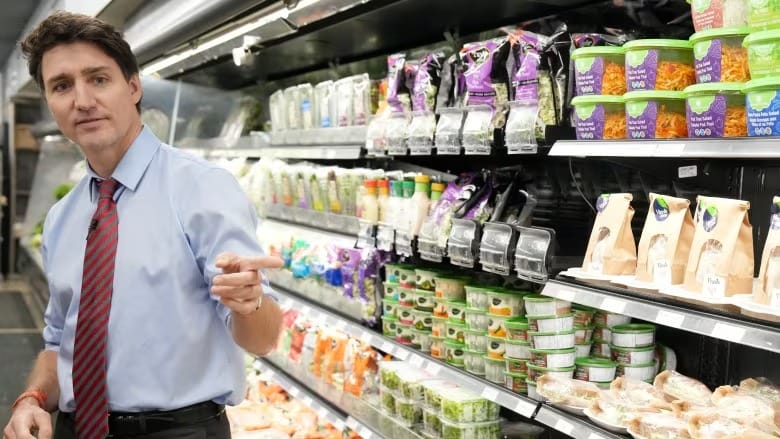3 elections, 3 provinces, 10 days: What’s at stake in these Canadian races
British Columbia, New Brunswick and Saskatchewan all have general elections within a 10-day period.

October is shaping up to be a significant month in provincial politics as voters in British Columbia, New Brunswick, and Saskatchewan prepare for general elections within a 10-day span.
In British Columbia, the New Democratic Party (NDP), led by David Eby, is seeking a historic third consecutive term in office. Just two days later, Blaine Higgs, leader of New Brunswick's Progressive Conservatives, will vie for a third term amid internal party divisions over an LGBTQ2 policy in schools. Meanwhile, in Saskatchewan, Premier Scott Moe is looking to extend the Saskatchewan Party’s 17-year hold on power, following his six years as premier.
Polls suggest that the major challenge for these incumbent premiers is overcoming voter fatigue and a growing desire for political change. According to David Akin, Global News' chief political correspondent, voters in all three provinces are showing signs of weariness with the political status quo. In response, conservative parties are using a common tactic: linking their progressive opponents to Prime Minister Justin Trudeau.
For instance, campaign material from Saskatchewan’s governing party suggests that Trudeau would prefer NDP leader Carla Beck, while the BC Conservatives blame the "Trudeau-Eby alliance" for provincial issues. Similarly, New Brunswick’s Progressive Conservatives have attempted to connect Liberal leader Susan Holt to Trudeau, with an election ad declaring, "we really can’t afford another Trudeau Liberal."
However, Akin notes that this strategy is not always successful. He points to the Manitoba PCs’ failed attempt to tie Trudeau to their progressive opponent last year, which resulted in a New Democratic majority win under Wab Kinew.
Here’s a breakdown of what’s happening in each province:
British Columbia – Saturday, Oct. 19
The BC election is expected to be a closely contested three-way race among the NDP, the BC Conservatives, and the BC Greens. In September, BC United leader Kevin Falcon withdrew his party’s candidates and urged voters to support the BC Conservatives to avoid splitting the vote and giving the NDP an advantage. As a result, some former BC United candidates are now running as independents.
This election also features significant changes to electoral boundaries. Following the 2020 election, the Electoral Boundaries Commission was tasked with redistributing seats, leading to an increase in legislative seats from 87 to 93. Four new ridings were added in the Lower Mainland, one on Vancouver Island, and one in the Interior, with boundary adjustments in 72 ridings and name changes in 41.
The BC Conservatives aim to flip several ridings that went to the NDP in 2020. Mike McDonald, former chief of staff to BC Liberal premier Christy Clark, commented on the unpredictability of this election, citing both the realignment of ridings and the reshuffling of parties as factors that add to the uncertainty.
McDonald noted that public polls indicate a tighter race compared to 2020, especially in terms of the popular vote. "If we’re within a single-digit margin—less than five per cent—then many of the NDP seats won in 2020 could be at risk," he said.





